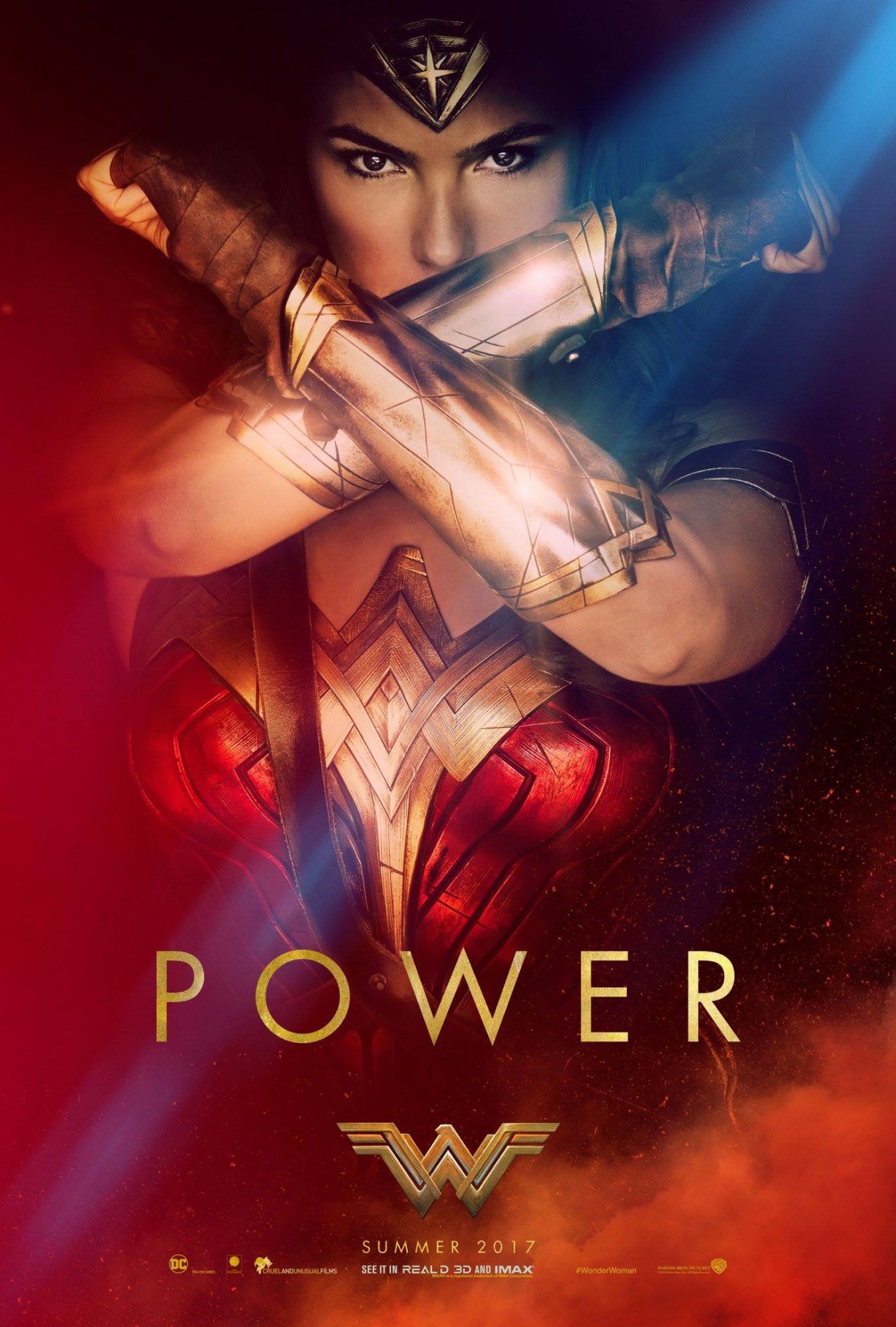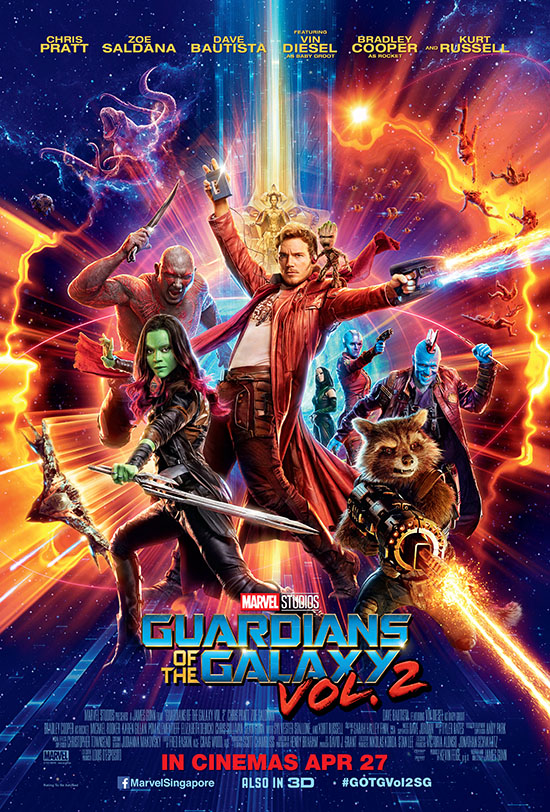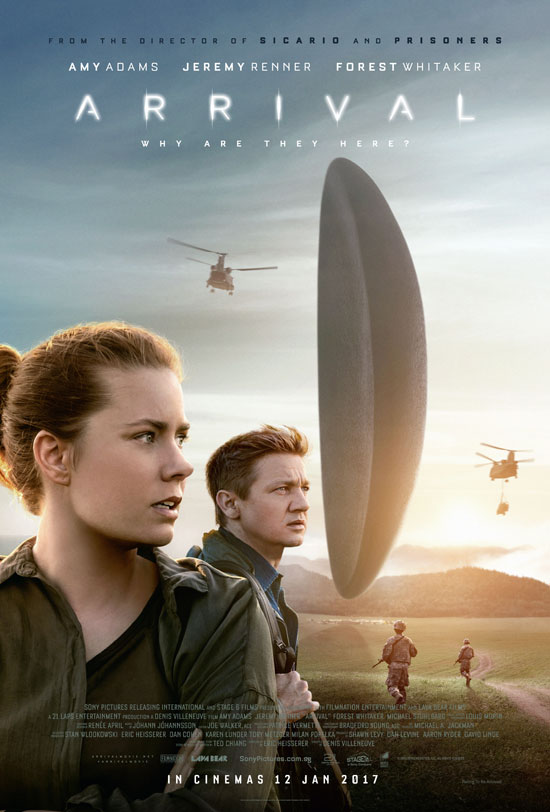Genre: Sci-Fi, Action
Director: Matt Reeves
Screenplay: Matt Reeves, Mark Bomback, based on characters created by Rick Jaffa, Amanda Silver
Cast: Andy Serkis, Woody Harrelson, Steve Zahn, Karin Konoval, Terry Notary, Amiah Miller, Judy Greer, Max Lloyd-Jones, Devyn Dalton
Running Length: 140 minutes
Synopsis: In War for the Planet of the Apes, the third chapter of the critically acclaimed blockbuster franchise, Caesar and his apes are forced into a deadly conflict with an army of humans led by a ruthless Colonel. After the apes suffer unimaginable losses, Caesar wrestles with his darker instincts and begins his own mythic quest to avenge his kind. As the journey finally brings them face to face, Caesar and the Colonel are pitted against each other in an epic battle that will determine the fate of both their species and the future of the planet.
Review: Who could have anticipated that the best summer blockbuster this year would belong to the simians, rather than the superheroes that have come along thus far? But here we are, three movies deep into the second Planet of the Apes reboot, and it’s easy to give War for the Planet of the Apes the crown because it’s so starkly different from everything that has come before it this year. Trumping even the excellent Dawn of the Planet of the Apes (also directed by Reeves), the only thing working against the movie is its serious tone – not every moviegoer would like to be preached to by Reeves on his soapbox, especially midway through the Summer blockbuster season – but audiences who do make the decision to give War a try would likely find themselves well rewarded.
Ostensibly the last prequel film in this reboot trilogy (though there’s now a fourth movie planned), the events in War would logically lead up to what transpires in the original Planet of the Apes, and there are throwbacks (throwforwards?) to the characters found in the 1968 movie. While there’s no necessity to have seen the original movies, War does presume that the audience is familiar with what has been covered so far in the 2011 and 2014 films – any moviegoer that watches this film “cold” would likely find themselves quite lost indeed, so consider this fair warning.
While the film is not without flaws, War for the Planet of the Apes is quite simply, a very well-made movie. CGI is usually peripheral to the plot of a movie, but in this case, without the bleeding-edge CGI, there very simply would not have been a movie at all. The franchise has progressed to not just rendering one hyper-realistic chimpanzee, to a literal army of various simians. Andy Serkis is at the top of the motion capture acting game, and his performance of Caesar quite simply transcends any description – it’s still shocking to see the depth and nuances of emotion that can flicker across Caesar’s face as a fully rendered character.
War is also a movie that doesn’t shy away from a complex plot, and while it may get a bit preachy at times, kudos must be given to any summer blockbuster that is willing to take the risk of alienating a group of audience members who do not expect to be mentally taxed. That’s not to say War isn’t entertaining – not only is there plenty of well-choreographed, riveting action to be found, there’s even a character that seems to be inserted purely for comic relief purposes.
Matt Reeves has proven his capabilities in the two Apes movies he has directed, and War in particular feels almost like a loving homage to some of the best war movies (think Apocalypse Now, The Great Escape and The Bridge Over River Kwai), except with apes. It’s a beautifully lensed film, though each scene is so meticulously constructed there’s almost an artificiality at times. While it’s a rather heavy-going movie, there’s no denying that each Planet of the Apes movie has managed to outdo its predecessor, and it’s easy to see War for the Planet of the Apes ending up on many Top 10 lists come the end of 2017.
Rating: * * * ½ (out of four stars)









